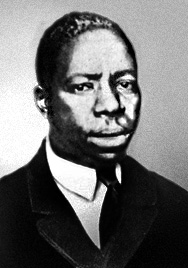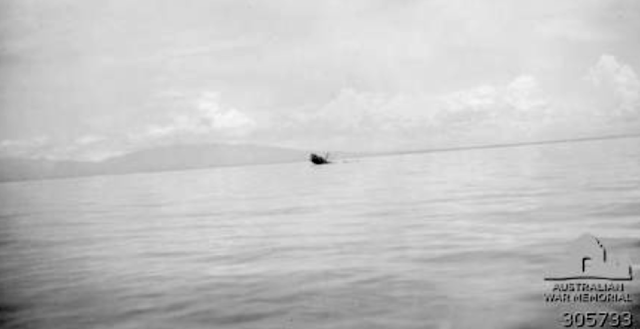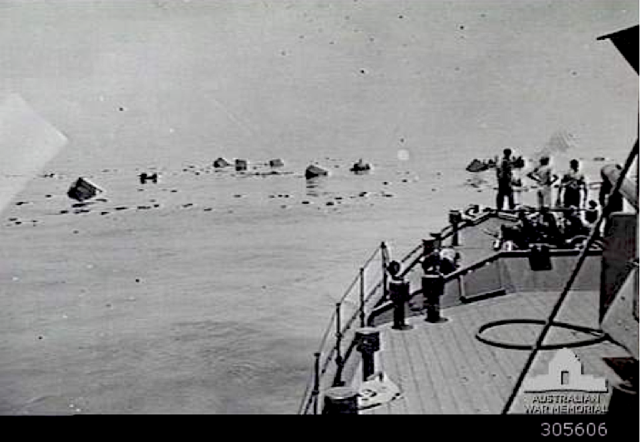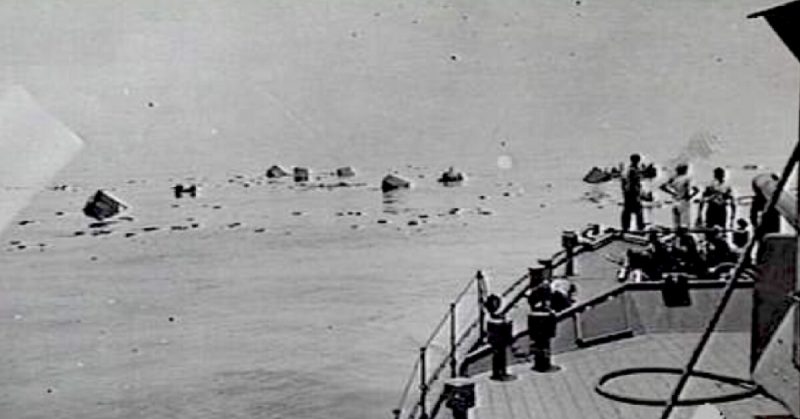Durig the course of a war gallant actions are not bound by race, nationality, or cause. Wherever men fight, some will distinguish themselves from the others. In WWII, when the Allies were engaged in battle against the Axis powers it could be assumed that on both sides men were heroes.
In the case of George Watson, it was his race that limited him from achieving his country’s highest military honor. When his ship was sunk by enemy bombers he assisted several of his wounded comrades to reach life rafts. However, it would be over 50 years before the story of George Watson finally received its due honor and its rightful place in military history.
Called to Duty
George Watson was born in 1915 Birmingham, Alabama. Apart from his birth, little is known about his early life. He attended school in Colorado and graduated in 1942. Like many men that year, Watson then accepted the call to arms in defense of his nation.

As an African-American, the career opportunities in the Army were extremely limited. Consequently, Watson joined the 29th Quartermaster Regiment after basic training. With the war in full swing, Watson’s unit was immediately transported to the Pacific on board the American controlled Dutch Steamer USAT Jacob. They arrived on March 8, 1943.
Swimming for Gallantry
As Watson and his unit waited to disembark the Japanese attacked the Jacob while she was moored near Porlock Harbor, New Guinea. With little defense against the devastating assault, the Jacob took several direct hits and the order to abandon ship was issued. Troops threw themselves into the sea, many of whom had been severely wounded. Fortunately, Watson had avoided injury and being a competent swimmer was able to head towards the few life rafts that were available. As he did so, he looked back to see many of his comrades were not so lucky.

The wounded soldiers and those who could not swim flailed about in the sea in need of help. Watson turned from the rafts and headed towards the men. The Japanese continued to rake the sea with gunfire making it all the riskier. Time and time again he swam back to rescue troops and bring them to safety. Watson continued saving his comrades until he reached the point of exhaustion. As he swam towards the steamer once more, she slipped beneath the waves. The subsequent drag proved too strong for the exhausted Watson to escape and he was sucked to the bottom with her.
Due Honor Delayed
As news of his gallantry spread, it was evident to the Army that a heroic and distinguished act had taken place. However, for African-Americans of that era, the Medal of Honor was too far out of reach despite the inexplicable gallantry they consistently displayed. Watson was awarded the Distinguished Service Cross and was the first African-American to receive that award during WWII.

However, as the decades passed the US military realized such men had been overlooked. They instituted a review in the early 1990’s to determine those that might have been excluded due to race. In 1997 at a Ceremony in the White House, President Bill Clinton reminded the world of this man and posthumously awarded him the Medal of Honor. With no family to receive Watson’s medals, they are on display at the US Army Quartermaster Museum in Fort Lee, Virginia. Also, the ship USNS Watson was named in his honor.
It took 50 years, but Private George Watson who rescued his comrades until he could swim no more was acknowledged with a deserved place in the halls of military history.
